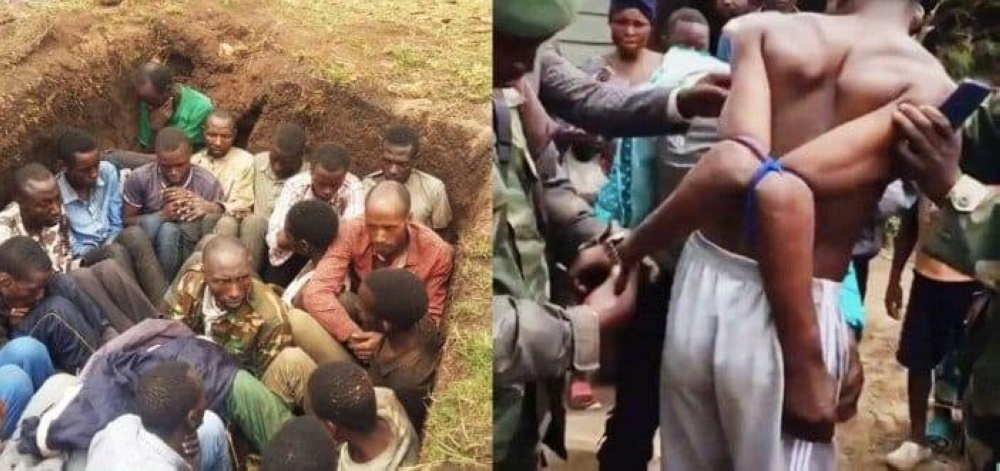

The world will on June 18 commemorate the International Day of Countering Hate Speech for the second time, having been observed for the first time last year.
This day was designated by the UN in 2021 after the General Assembly passed a resolution on "promoting inter-religious and intercultural dialogue and tolerance in countering hate speech”.
The resolution recognizes the need to counter discrimination, xenophobia and hate speech and calls on all relevant actors, including states, to increase their efforts to address this phenomenon in line with international human rights laws.
It is being marked as a section of the population in the neighbouring Democratic Republic of Congo continue to suffer gross human rights abuses at the instigation of the state and its affiliated militia groups.
The suffering meted out on Kinyarwanda-speaking Congolese has prevailed for decades but has of late been escalated to the brink of a genocide and nothing is being done to guarantee their safety.
The suffering by the Kinyarwanda-speaking Congolese, mostly of Tutsi origin, can be traced back to 1994, after hundreds of thousands of perpetrators of the Genocide against the Tutsi found safe haven in this region, and turned their sword on their host communities.
Many have since been forced out of their homes and over 72,000 Congolese refugees live in Rwanda, majority of them having fled their country as far back as 1996.
Since mid-last year, this group has particularly been targeted at state functions where government officials have publicly threatened with extermination without any form of reproach.
From gory images seen on social media, victims are hounded out of their homes, beaten up and some killed by officials, including security personnel who accuse them of being foreigners from Rwanda.
This is irrespective of the fact that this is the only home they have known for generations and the state has not only failed in their cardinal obligation to protect them, but have also worked in cahoots with these tormentors.
Sadly, these ugly scenes are taking place in full glare of a UN mission that is deployed to observe peace which this region has not seen for at least three decades but nothing is being done to protect this endangered population.
A day like this is therefore a reminder to the UN that dedicating such days is not enough. Hate speech must be fought tooth and nail because if left unchecked, the end results will be devastating. Rwanda is a living testimony.


